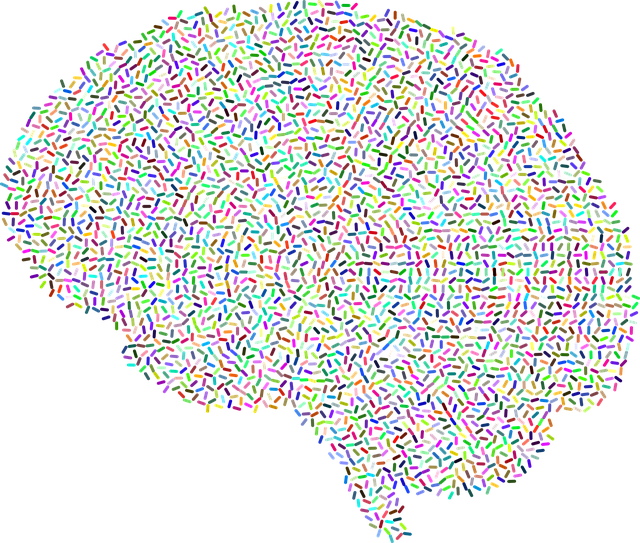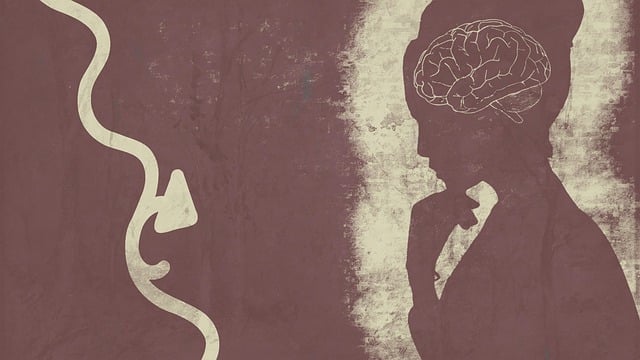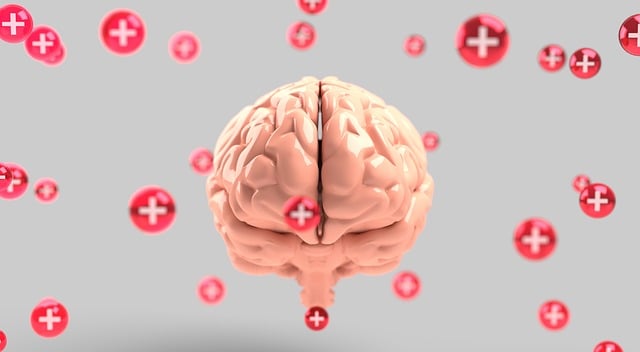Positive thinking is a powerful tool for young adults facing life challenges, significantly improving mental health and overall well-being. It involves cultivating optimism, reframing negative thoughts, and practicing mindfulness. In therapy for young adults, focusing on anger management, this approach helps identify triggers, teaches healthy coping mechanisms, and reduces stigma through self-awareness and personal growth. Incorporating exercises like gratitude journaling, empathy-building, and emotional regulation practices into daily routines enhances resilience and coping abilities, empowering young adults to thrive despite obstacles.
Positive thinking exercises are powerful tools for enhancing mental health and managing anger, especially among young adults. This article delves into the transformative potential of positive psychology, focusing on its impact on mental well-being and anger management. We explore effective strategies like identifying triggers, various types of positive thinking practices, and practical implementation techniques for daily integration. Furthermore, it discusses incorporating these exercises into existing therapy models, specifically anger management therapy for young adults.
- Understanding Positive Thinking and Its Impact on Mental Health
- Identifying Anger Triggers in Young Adults
- Exploring Different Types of Positive Thinking Exercises
- Practical Implementation Strategies for Daily Use
- Incorporating Positive Thinking into Anger Management Therapy
Understanding Positive Thinking and Its Impact on Mental Health

Positive thinking is a powerful tool that can significantly impact mental health and overall well-being, especially for young adults navigating life’s challenges. It involves cultivating an optimistic mindset, focusing on the positive aspects of situations, and reframing negative thoughts into more constructive ones. This simple yet profound practice has been shown to reduce stress, anxiety, and depression, fostering a sense of resilience and emotional stability. By adopting positive thinking, young adults can enhance their coping mechanisms and improve their overall mental health.
For those struggling with issues like anger management, therapy for young adults can incorporate positive thinking exercises as a form of crisis intervention guidance. Mood management is facilitated by learning to identify and challenge negative thought patterns, which often contribute to emotional outbursts. Mental illness stigma reduction efforts also benefit from these practices, as they promote self-awareness, personal growth, and a more positive perception of one’s mental health journey.
Identifying Anger Triggers in Young Adults

Identifying Anger Triggers is a crucial step in therapy for young adults seeking to improve their emotional well-being and mental health. This process involves recognizing the specific situations, people, or thoughts that ignite feelings of anger. Through self-reflection and possibly with guidance from a therapist, individuals can uncover these triggers, which often stem from past experiences or underlying issues. Understanding these triggers is key to managing anger effectively.
Anger management is not just about suppressing emotions; it’s about learning healthy coping mechanisms. Young adults can benefit from structured programs like stress management workshops that teach them techniques to calm their minds and respond to triggers constructively. These workshops, offered by organizations focused on mental health, also enhance confidence and promote positive thinking, which plays a vital role in preventing depression. By addressing anger at its root and adopting effective stress management strategies, young adults can foster a more balanced and peaceful mindset.
Exploring Different Types of Positive Thinking Exercises

Exploring different types of positive thinking exercises can be a powerful tool for young adults seeking therapy or dealing with challenges like anger management. These exercises aim to reshape one’s mindset, fostering a more optimistic and resilient perspective. Techniques range from mindfulness practices that encourage staying in the present moment, to gratitude journaling which prompts individuals to reflect on life’s positives. Empathy building strategies, often incorporated into these exercises, help young adults understand their emotions and those of others, promoting healthier interactions and relationships.
Self-esteem improvement is another area where positive thinking plays a crucial role. Exercises that encourage self-reflection and challenge negative self-talk can significantly boost one’s sense of worth. Moreover, activities focused on mental illness stigma reduction efforts contribute to creating a more supportive environment, fostering understanding and empathy among peers. These exercises not only enhance overall well-being but also empower young adults to navigate their lives with greater confidence and emotional control.
Practical Implementation Strategies for Daily Use

Implementing positive thinking exercises into your daily routine can be a powerful tool for young adults navigating life’s challenges. One effective strategy is to incorporate self-care practices that promote mindfulness and emotional regulation, such as meditation or journaling. Starting the day with a few minutes of deep breathing or reflecting on gratitudes can set a calm tone, helping to manage anger triggers later on. These self-awareness exercises cultivate an understanding of one’s thoughts and feelings, enabling individuals to respond rather than react impulsively.
Additionally, engaging in regular physical activity, pursuing hobbies, and connecting with supportive communities contribute to overall well-being. In the context of angry management, these practices serve as healthy outlets for stress and frustration, fostering resilience against mental illness stigma. By adopting a holistic approach that combines self-care practices with cognitive reframing techniques, young adults can develop effective coping mechanisms, enhancing their ability to thrive in daily life despite challenges.
Incorporating Positive Thinking into Anger Management Therapy

Incorporating positive thinking into anger management therapy can significantly enhance its effectiveness for young adults struggling with this issue. Anger is a natural emotion, but when it becomes unmanageable, it can lead to destructive behaviors and even crises. Therefore, crisis intervention guidance often plays a crucial role in helping young adults navigate their anger in healthy ways. By integrating positive thinking techniques into traditional anger management therapy, therapists can provide more comprehensive care. This approach encourages clients to challenge negative thought patterns, fostering a mindset that promotes emotional regulation and resilience.
Self-care routine development for better mental health is another benefit of this strategy. Positive thinking exercises, such as reframing negative thoughts or practicing gratitude, can be incorporated into daily routines to improve overall well-being. Mental health education programs design should consider these techniques to empower young adults with tools to manage anger and maintain a positive outlook. This holistic approach ensures that therapy goes beyond addressing symptoms by promoting long-term mental health and personal growth.
Positive thinking exercises offer a powerful tool for young adults navigating anger management. By integrating these strategies, therapy can become more effective and accessible, fostering healthier emotional responses. Through practical implementation, individuals can develop resilience, enhance well-being, and transform their lives, ultimately improving their mental health and overall quality of life.












